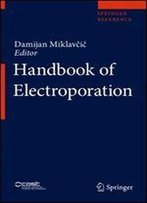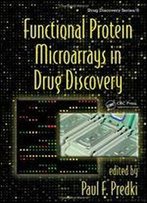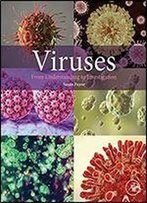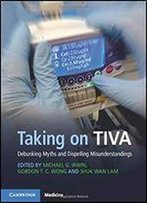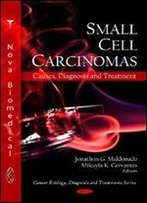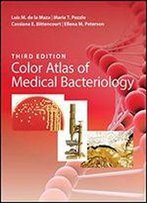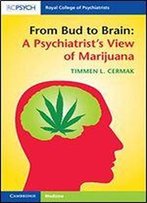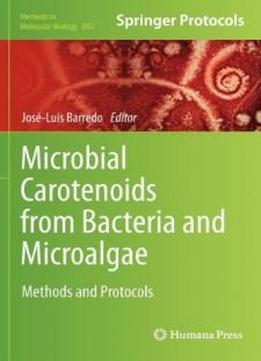
Microbial Carotenoids From Bacteria And Microalgae: Methods And Protocols (methods In Molecular Biology)
by José-Luis Barredo /
2012 / English / PDF
5.2 MB Download
Carotenoids are a family of yellow to orange-red terpenoid pigments synthesized by photosynthetic organisms and many bacteria and fungi. They have beneficial health effects protecting against oxidative damage and may be responsible for the colours associated with plants and animals. In Microbial Carotenoids from Bacteria and Microalgae: Methods and Protocols, expert researchers in the field detail many of the most up-to-date methods which are now commonly used to study carotenoids. These include methods for the study of canthaxanthin production, construction of carotenoid reporter systems, directed evolution of carotenoid synthases, and improvement of b-carotene hydroxylase catalytic activity are described. Additionally, the book includes methods of DNA fingerprinting for the identification of carotenogenic Dunaliella species, ketocarotenoid biosynthesis in microalgae expressing the beta-C-4-carotene oxygenase gene, characterization of carotenogenesis genes in Anabaena sp., obtaining lutein from microalgal biomass, NMR-based isotopologue profiling of microbial carotenoids, and analysis of diapocarotenoids. Written in the highly successful Methods in Molecular Biology™ series format, chapters include introductions to their respective topics, lists of the necessary materials and reagents, step-by-step, readily reproducible laboratory protocols, and key tips on troubleshooting and avoiding known pitfalls. Authoritative and practical, Microbial Carotenoids from Bacteria and Microalgae: Methods and Protocols provides practical experimental laboratory procedures for a wide range of carotenoids producing microorganisms.
